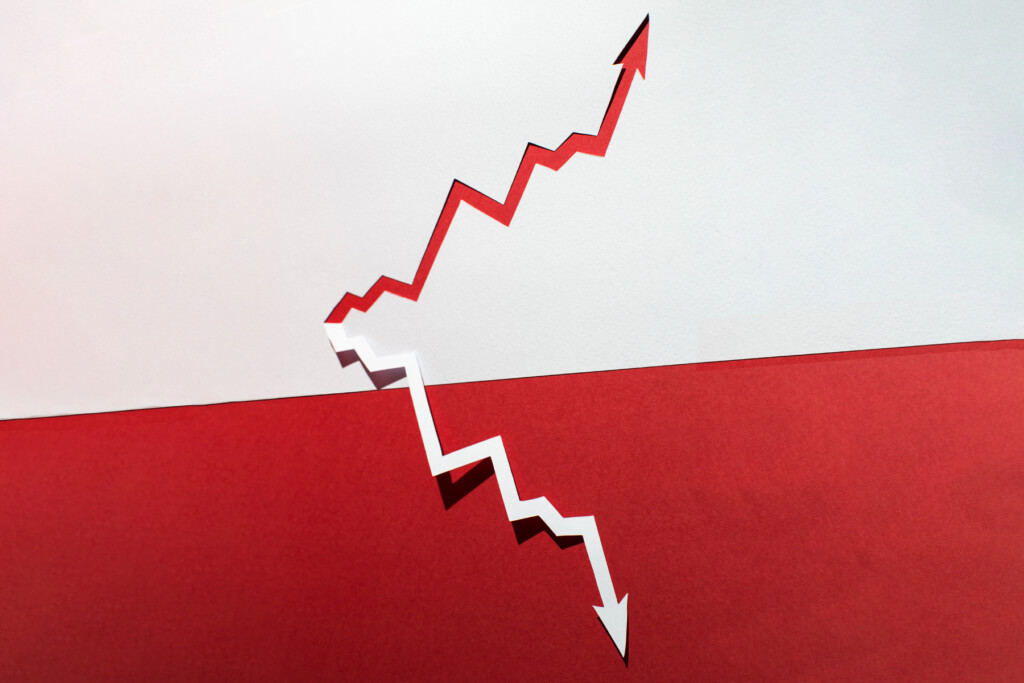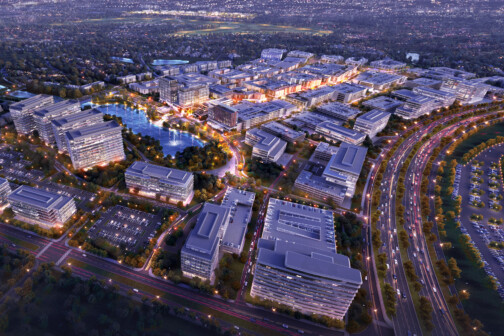The term “recession” has been thrown around a lot lately. Rising interest rates, high inflation, and an unexpected banking crisis have all been in the news recently as potential triggers of recession. Still, some economists are pointing to the growing labor market and expanding GDP as signs of an economy that remains too healthy to stall. In fact, the latest U.S. Labor Department report showed that the economy keeps cranking out jobs in the private and public sector increasing by 339,000 in May, marking the 29th straight month of positive job growth. With some level of uncertainty on the horizon, D CEO talked to three economic development experts for some on-the-ground insights about what they’re seeing in the market today—and, more important, their forecasts for the future of our region.
“While we might not like the dreaded R-word, we’re very aware of headwinds in the market,” says Beth Bowman, CEO and president of the Greater Irving-Las Colinas Chamber of Commerce and Irving Economic Development Partnership. The developer’s ability to obtain funding and break ground on new projects is critical, she says. “But our pipeline of projects looking to relocate to the region remains full,” Bowman says. “We have about 200 projects of varying sizes that our team is currently working on.”

Kelly-Moore Paints is the latest in a string of California companies announcing a relocation to the region. Bowman cites Dallas-Fort Worth’s diverse economy and rapid population growth as continued bright spots in the ever-competitive recruitment of companies to the region. These same strengths are also insulation against any possible economic downturn, she says.
According to the latest census estimates released in May, North Texas had the biggest population jump of any U.S. metro last year. The Dallas-Fort Worth metropolitan statistical area had an annual increase of 170,396 people between 2021 and 2022. “As an economic development strategy, we’re continuing to focus on net new job growth,” Bowman says. “Companies are making decisions every day around real estate and human capital. We want to make sure that Texas and our region remain at the top of their lists.”
Quality of Life

Despite higher mortgage rates, Dallas-Fort Worth homebuilders posted a solid performance in the first quarter of 2023. Area builders began construction on 9,691 new homes through March 2023, which is up from the 8,060 starts in the final quarter of 2022. That’s according to the most recent data from Residential Strategies, a Dallas-based research and consulting firm specializing in tracking new home activities.
Alexis Jackson, director of the Celina Economic Development Corp., says the city has been a beneficiary of several new housing developments as it sits squarely in the path of growth as the Dallas North Tollway continues its expansion into northern Collin County. “We have a lot of young families continuing to move to the region,” she says. “In order to be a world-class, high-quality metropolitan area, it’s not just about healthcare, jobs, and infrastructure. Those are important, certainly, but so too is quality of life.”
Jackson says Celina’s strength of schools and bustling downtown with small businesses remains a selling point for her city. Meanwhile, retail and entertainment offerings for the region remain top of mind as Universal Studios announced a brand-new theme park for Frisco in March and the New York Times dubbed Dallas “the new Dubai,” with an onslaught of new high-profile out-of-state restaurant groups opening in Dallas. “Post-COVID, we’re all looking for more things to see and do,” Jackson says. Indeed, retail sales grew 0.4 percent in April, showing consumer confidence nationally isn’t showing signs of slowing down.
Locally, the retail sector remains another strong point. According to the latest research from Dallas-based Weitzman, DFW enjoys a record-breaking 95 percent occupancy rate. In fact, the entire region benefits from the strongest retail market since Weitzman first began surveying shopping centers here in 1990, bolstered by grocery-anchored projects like H-E-B’s recent and robust entry into North Texas.
Red-Hot Industrial
“Everything you need to live starts in a field or a factory,” says Kim Buttram, the director of economic development for the city of Mesquite. “You cannot have cars, clothes, food, and many other things without industrial buildings, manufacturing, and distribution.”

Buttram says Mesquite is “lucky” to be located at the crossroads of four major interstates, making it a logical choice for many companies’ logistics expansion projects. Similarly, the Dallas-Fort Worth metro is centrally located within the United States to foster continued growth in the sector. “What we’re seeing right now with leasing activity is that projects that are under construction are going like wildfire,” she says. “We’re filling up buildings before they’re finished.”
The downside? “Investment-wise, we’re seeing some hesitation,” Buttram says. “When starting a project from ground up, there is a collective pause to wait to see what the market does before pulling the trigger on any new major projects.”
Author








